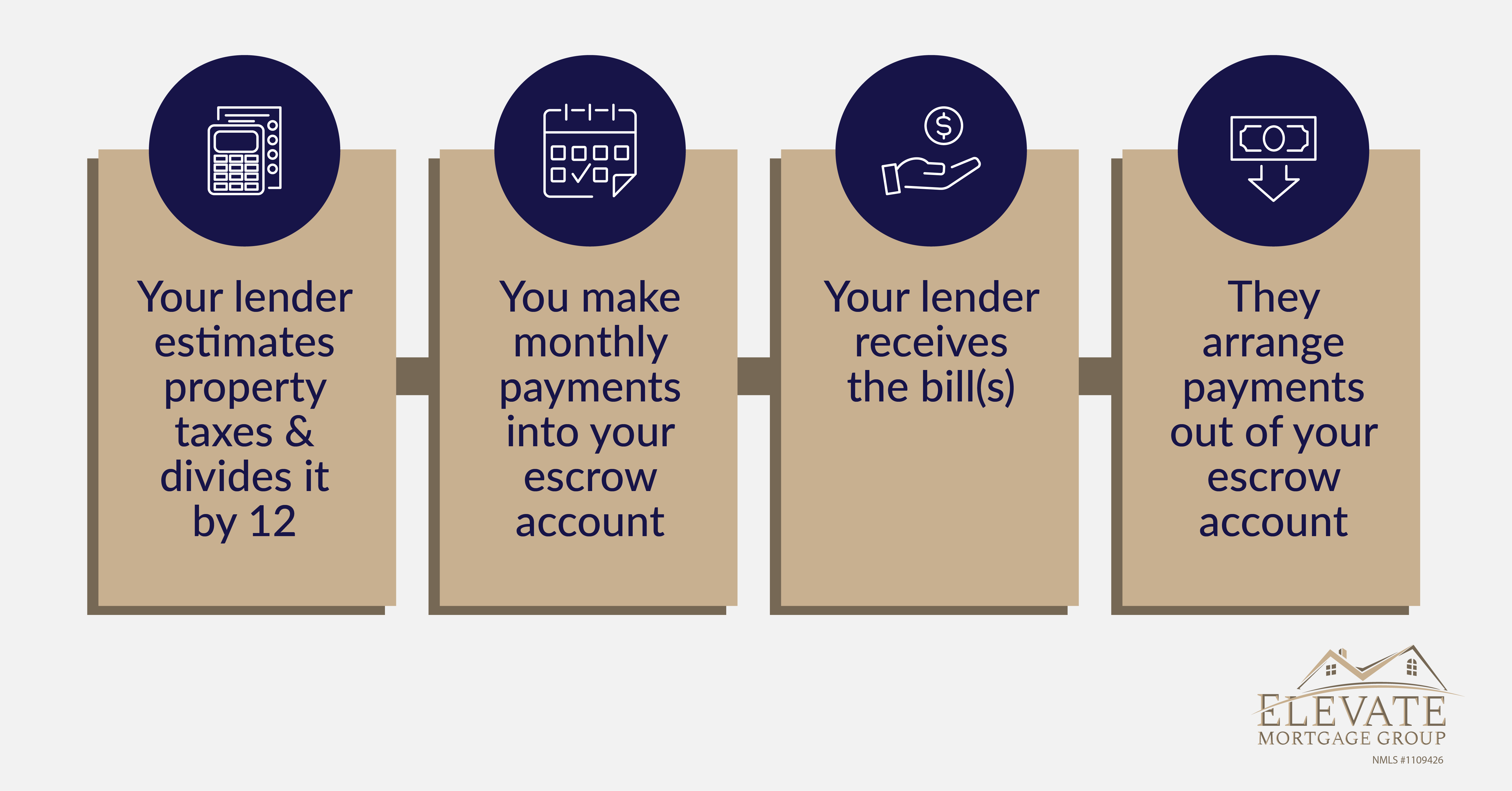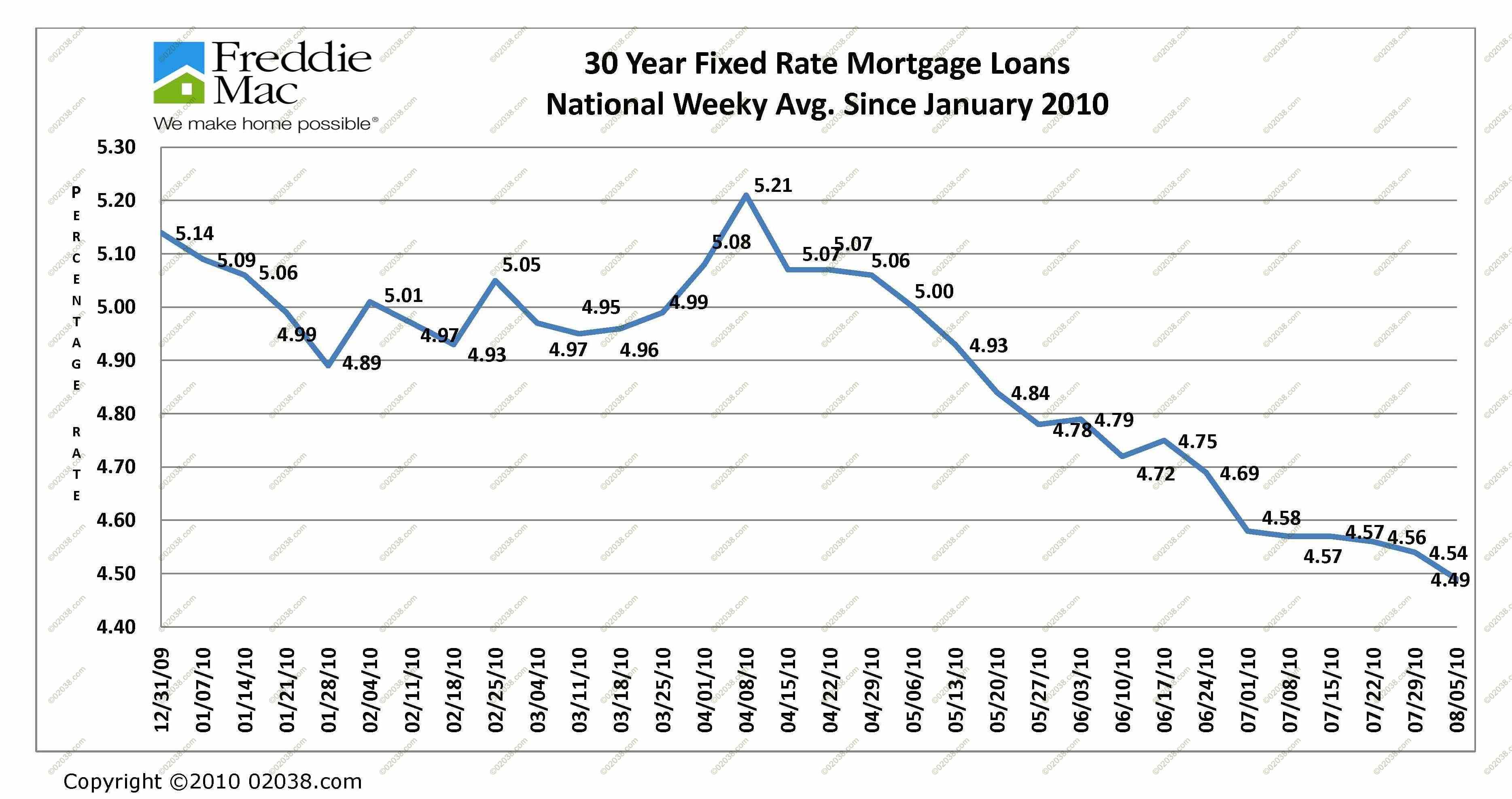And it can supplement your portfolio with distinct benefits consisting of portfolio diversity, and tax benefits. In spite of apparent upsides, purchasing property can appear frightening without an apparent beginning point. That does not need to hold true, however. In this post, we discuss the basics of realty investing, consisting of eight various manner ins which you can get going immediately.
Property typically breaks down into 4 categories: residential, industrial, commercial, and land. Residential property: Residential real estate includes single-family homes, multi-family homes, townhouses, and condominiums. Occupants might lease or own the homes that they reside in. Houses larger than 4 systems are generally considered business home. Commercial realty: Commercial property is property that is used for the function of organization.
Some examples of commercial realty residential or commercial properties include organization workplaces (office), restaurants (retail), and big apartment buildings (multi-family). Industrial realty: As the name recommends, these properties serve a commercial service purpose. Some examples include shipping or storage warehouses, factories, and power plants. Land: Land usually includes undeveloped home with no structures on it.
Landowners can make money through land usage, such as agriculture, or upon the advancement or sale of the land. In addition to property types, there are three primary ways to earn money from property financial investments: interest from loans, gratitude, and lease. Interest from Loans (or, in the parlance of real estate, "debt"): A genuine estate loan is an arrangement where financiers lend cash to a property designer and make money from interest payments on the principal of the loan.
Depending upon the number of lenders, there can be one or a number of types of debt within the capital stack of loans. Types of financial obligation consist of senior debt, junior debt, and mezzanine financial obligation. Debt can also be secured or unsecured. This difference specifies an investor's rights in case of a residential or commercial property's foreclosure upon the default of a loan.
6 Easy Facts About How To Reverse Mortgages Work If Your House Burns Described
Interest payments may offer a way to make passive income from genuine estate financial investments. Gratitude: As with the ownership of any equity, property ownership gives a financier the capability to generate income from the sale of that equity. The gratitude, or increase in the worth of a home with time, represents the possible profit available to an investor when that home is offered.
Equity can usually be classified as preferred equity or common equity. Equity ownership can be an active or passive investment depending upon the position of the investment within the capital stack. Lease: A home can be rented by owners to earn earnings from rental payments. Just like the earnings generated from a financial obligation financial investment, rental income can provide a routine earnings stream (how would a fall in real estate prices affect the value of previously issued mortgages?).
Rental payments might use the potential for passive income depending on the investment technique. Each classification of genuine estate and type of investment brings its own set of dangers and benefits. Despite how you buy realty, it's essential to select investments carefully by checking the strengths and weaknesses of chances through a rigorous underwriting process.

Lots of investors like to utilize the predicted rate of return as an essential metric when examining real estate. Nevertheless, more seasoned genuine estate investors will typically turn to capitalization rate, or "cap rate," as a preferred method to examine an opportunity. There are numerous ways to purchase realty with differing amounts of money, and differing degrees of time dedication, capital, financial investment horizons, danger, and return prospective.
Real estate financial investment strategies fall under two groups: active and passive investments. Here are 8 essential ways to buy realty with methods varying from intense, high-effort to hands-off, low-effort. Active property investing necessitates significant personal understanding of realty and hands-on management or delegation of responsibilities. Active financiers can work as real estate financiers part-time or full-time, depending upon http://juliusoqmi360.huicopper.com/the-how-to-look-up-mortgages-on-a-property-pdfs the number of their investment residential or commercial properties and the nature of those financial investments.
The smart Trick of How To Rate Shop For Mortgages That Nobody is Discussing
Since of this, active genuine estate financiers need a deep understanding of how to purchase real estate, Discover more consisting of financial acumen, and negotiation skills to improve their cap rate and total return on financial investment. House-flipping is the most active, hands-on way to buy genuine estate. In a house flip, a financier purchases a home, makes changes and restorations to improve its value in the market, and after that sells it at a greater price.
This gnaws at their return potential when they offer it. Investors can repair or renovate the house to increase its price or offer it without making any repairs when its value in the real estate market boosts due to outdoors aspects. If you watch HGTV, then you've most likely seen a house get changed in under 30 minutes and offered for a large revenue by house-flipping specialists.
While house-flipping is exciting, it also requires deep monetary and real estate understanding to ensure that you can make over the house within time and budget restraints to ensure that you earn money when the house is sold. The success and the monetary problem of a home flip falls entirely on the financier.
It's a high-pressure and high-stakes property investment that produces fantastic TV, however a good investment chance just for specific knowledgeable financiers. Another property-flipping method is wholesaling. Wholesaling is when a financier signs a contract to purchase a home that they believe is priced below market worth and then offers that agreement quickly to another financier at a higher cost for an earnings.
An investor will sign a contract to buy a home and put down an down payment deposit. Then, they rapidly try to sell the home to a house-flipper at a premium, making a profit. Essentially, a wholesaler gets a finder's charge for brokering a house sale to a house-flipper. However, unlike standard home brokers, a wholesaler utilizes their position as the contracted property buyer to broker the deal.
The smart Trick of What Do I Need To Know About Mortgages And Rates That Nobody is Talking About
It demands sound due diligence and access to a network of prospective purchasers in order to offer the home within a short timeframe at a lucrative cost. Otherwise, like house-flipping, you risk not earning a revenue or, worse, losing cash. Rental homes require hands-on management, too, but they have a long-lasting investment horizon.
Property owners make routine cash circulation generally on a monthly basis in the type of rental payments from renters. This can offer a constant, trusted earnings stream for investors, but it likewise needs a lot of work or delegation of obligations to guarantee that operations run efficiently. First, you must discover tenants for your property.
You are also responsible for carrying out background screenings for prospective tenants (if you pick to) and for providing lawfully sound lease agreement contracts cancelling sirius to occupants. For each month that you do not have an occupant, you lose out on earnings from your investment. As soon as you have occupants, you have quite a bit more resultant responsibilities.
